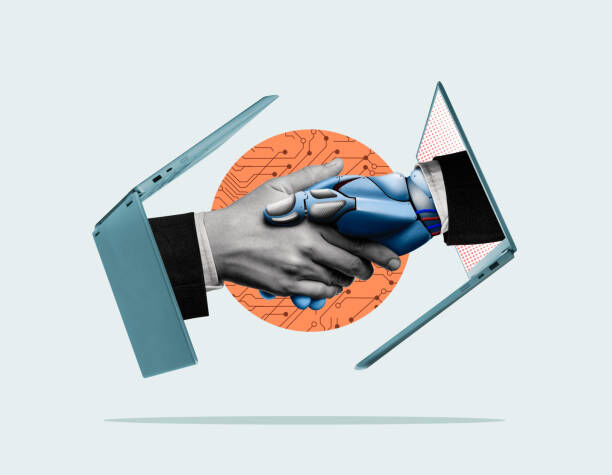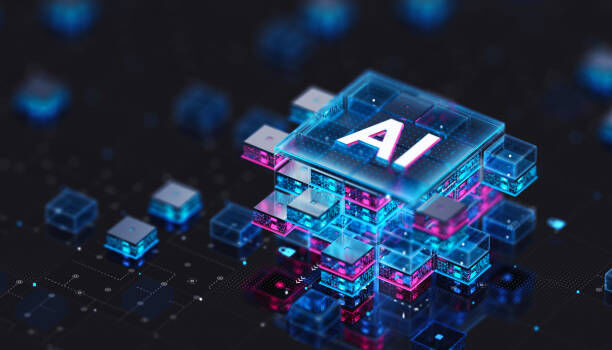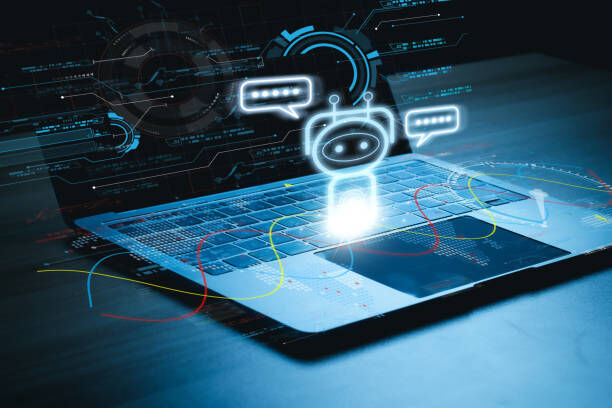The Importance of Artificial Intelligence in Modern Cybersecurity
Artificial intelligence is revolutionizing the cybersecurity industry. Thanks to machine learning systems, it's now possible to identify threats in real-time. AI algorithms can analyze large amounts of data to detect anomalous behaviors. This allows for quick response to potential attacks before they cause damage. The integration of AI is now essential to ensure effective and up-to-date cybersecurity.





